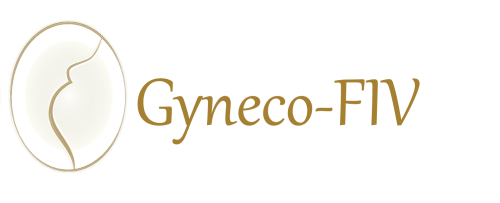Anti-Müllerian Hormone (AMH) is a hormone that can be measured in the blood and is produced by the small ovarian follicles in the ovaries, that is, those that have not yet been selected.
Its blood level, therefore, is indicative of the number of small follicles that exist in a woman’s ovary, known as the ovarian reserve.
The advantage of using antimüllerian hormone is that its value does not change significantly throughout the cycle or from one cycle to another, so we can measure it at any time to assess the patient’s ovarian reserve.
The value of AMH before an in vitro fertilization cycle has prognostic value, since it predicts the response that we can expect from ovarian stimulation in each woman and allows us to select the dose of medication and the type of protocol in each case.
Normally, AMH values decrease with the age of the patient, but they are also very low in young women with a highly compromised ovarian reserve.
The AMH and antral follicle count (AFC) are the most widely used ovarian reserve markers nowadays.

